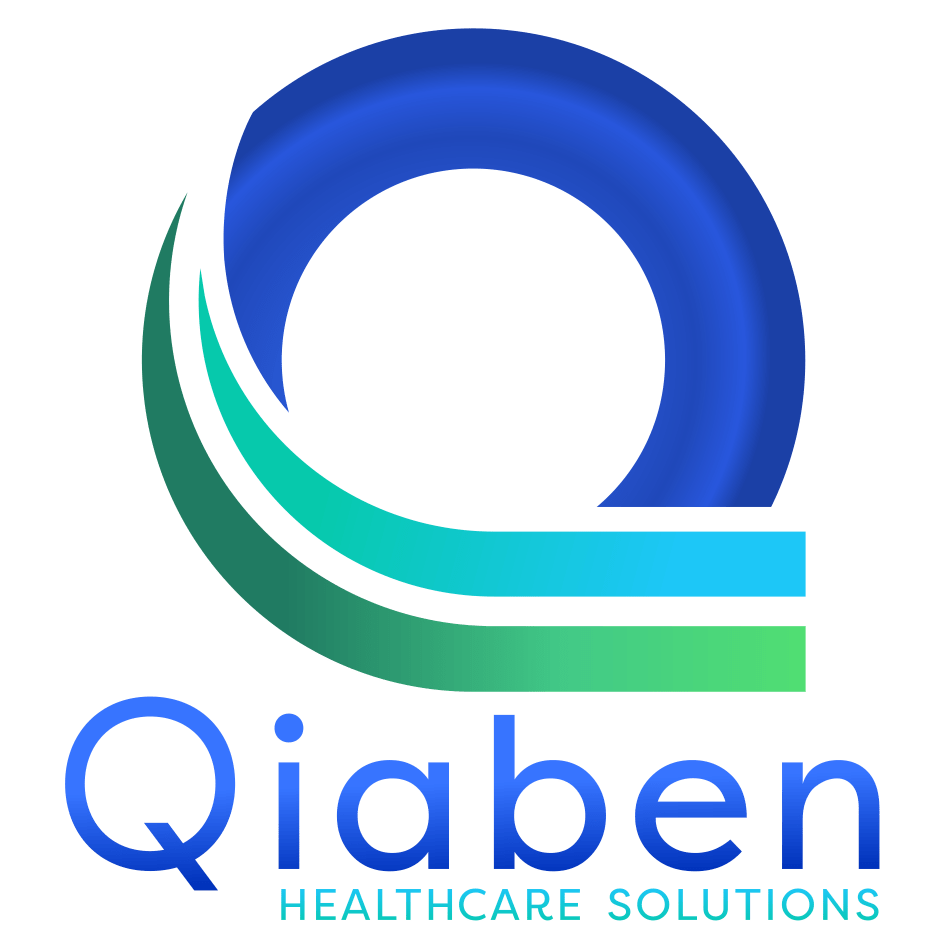In the current age of healthcare, a working electronic health record (EHR) system is necessary in order to implement IT into the working process, effectively record patient information, and improve productivity. However, with small practices, it can be quite hard to select the best EHR companies given that there are several factors, such as usability and affordability, among others, that are a must to be addressed. Especially, the workflow is never the same for solo practitioners or part of the small team, in which case the EHR system selection is going to matter on the day-to-day operations of the practice.
In this article, we present the top 8 best EHR companies suitable for small practices for the year 2024, with an emphasis on a system that is user-friendly, affordable, and versatile for the great care of patients and efficient work flow.
Top EHR Companies
1.Qiaben EHR Software
Best for: small healthcare and dental practices requiring integrated billing solutions.
What Makes It Suitable for the Small Practices: Qiaben is such an EHR that focuses on taking care of the small healthcare and dental practices. It is what differentiates Qiaben, as it has both medical and dental billing, which makes it easy for providers to want to do all the functions on one platform. The EHR software is cloud-based, easy to use, and easy to adapt to a variety of operations, as the providers are able to keep records, do billing, and also interact with the patients easily.

2. Kareo Clinical
Best For: Clinical and billing management with all-in-one features.
Essential Features: EHR & practice management, customizable templates, patient portal, e-prescribing.
Apposite Reason: Kareo is developed keeping the primary care requirements of small practices since it offers a clinical-billing-engagement all-in-one software. User-friendliness, low cost, and adjustable design have helped it remain one of the choices of EHR systems among small health providers.

3. DrChrono
Best for: telehealth with mobile features Components/Features.
Why It’s Ideal for Small Practices: DrChrono is particularly famous for its mobile-clinics capability, allowing small practices to attend to patient records, billing, and scheduling, all from any device. It also incorporates telemedicine-related functionality, which is important for small practices that practice remotely. The optionality of the workflows allows the practitioners to adjust the system more to suit them.

4.SimplePractice
Best for: mental health professionals and therapy practices.
Key Features: EHR, scheduling, client portal, HIPAA-compliant telehealth.
Why It’s Ideal for Small Practices: SimplePractice is used mostly by mental health professionals, counselors, and therapists due to its telehealth functions and user-friendliness. This software targets smaller teams and individual practitioners who can work on requests looking for scheduling, secure communication with clients, and efficient billing management, all important on the side of running the therapy practice effectively.

5. AdvancedMD
Best for: Scalable solutions for growing practices.
Key Features: EHR, patient engagement and satisfaction, revenue cycle management, flexible templates.
Why It’s Ideal for Small Practices: The good thing about AdvancedMD is that it has an EHR system that is scalable, enabling practices to expand without outgrowing the software at any point in time. Its rich feature base, complete with patient engagement capabilities and revenue cycle management, makes it a good fit for practices that desire such features while allowing their practices to grow in the long haul.

6. Practice Fusion
Best for: Affordable Electronic Health Record with a Free Tier.
Key Features: Electronic health records (cloud-based), e-prescribing, charting, patient engagement, billing, and so on.
Why it’s Ideal for Small Practices: One of the most budget-friendly EHR solutions is Practice Fusion. The around-the-hive EHR provides a free tier that suits very small practices with limited finances. It has a low price option but still has features such as e-prescription, charting, and patient management.

7. athenahealth
Best for: practices in need of efficient and quick operations.
Key Features: EHR, telehealth, revenue cycle management, cloud-based, population health tools.
Why It’s Ideal for Small Practices Closer: A majority of the practice’s ancillary activities can be performed using Athenahealth’s services, based on the fact that practices do not have to employ a lot of staff. Designed as a cloud-sourced solution, this facility proves most beneficial in terms of operational management and revenue cycle management with a twist of telehealth.

8. NextGen Healthcare
Best for: Affordable and configurable practices.
Key Features: Emr, store, telehealth, patient site, template, incorporate billing.
Why it’s Ideal for Small Practices: Affordable, priced EHR solutions with the customization capabilities for small practices are what NextGen offers. The platform is more accommodating, with all sorts of integration into telehealth, making it easier to run a busy practice and still ensure quality care to patients.

How to Select the Most Appropriate EHR System for Your Small Practice
Some of these softwares have been abounded in many practices because when you want to invest in a particular EHR software to be used in your small practice, you have to look at factors like user-friendliness, cost, and the specific solicited functions of the practice. Some of the most important things you need to remember include the following:.
Ease of Use: Be careful to select an EHR that possesses a simple interface to enable one to carry out administrative activities with minimal effort.
Affordability: Cost comes out as one big factor in many small practices for most of the EHR systems that are on this list. A number of the EHR systems on this list offer flexible pricing models or even free plans.
Scalability: Ensure the vendor you sell to offers a system that accommodates future development of the practice. In such instances where you want to diversify your service, ensure that the EHR system incorporates features that support future expansion.
Integration: This means one needs to find out how well the EHR works with, or simply incorporates, other programs, such as billing software, patient portals, or various telehealth technologies, so that management can keep moving smoothly.
These top EHR systems for small healthcare practices include Qiaben’s customizable EHR software, which offers a complete healthcare solution with integrated medical and dental billing, as well as telemedicine options. By choosing Qiaben’s EHR system, you can streamline your practice’s operations, elevate the quality of health services you provide to patients, and significantly improve your overall performance.
Are you considering incorporating Qiaben’s EHR software into your practice? Let’s discuss how this solution can benefit your practice in the comments section below!








